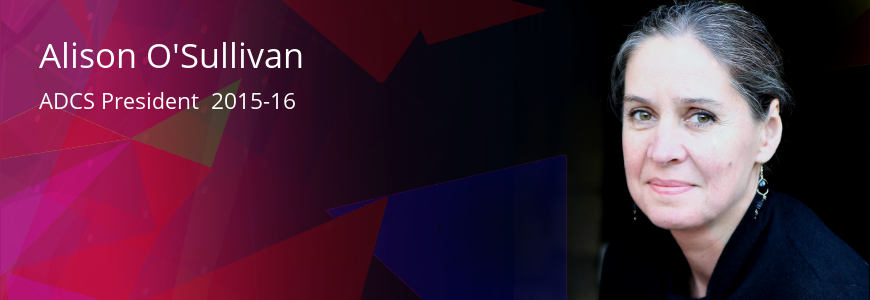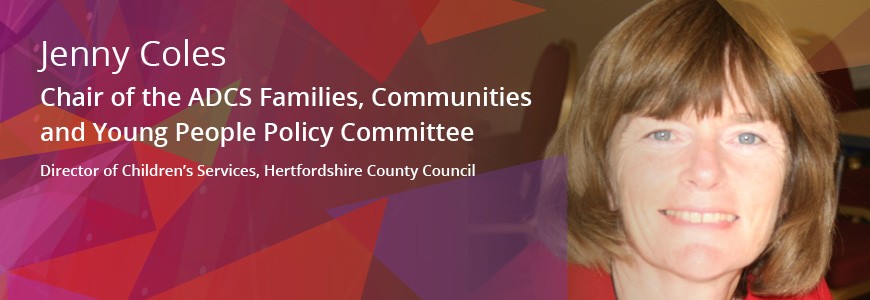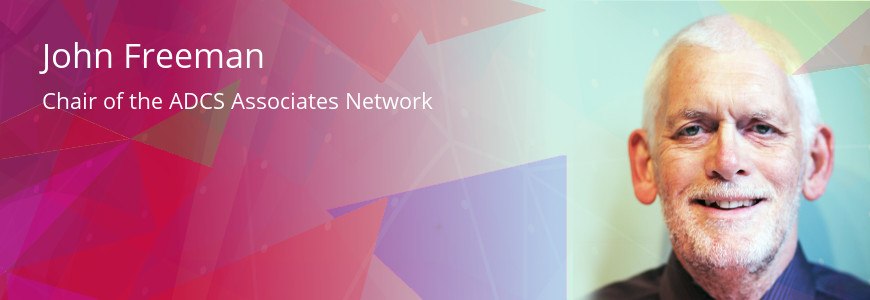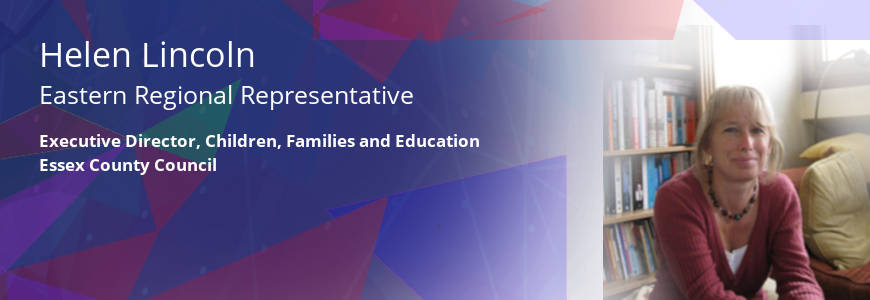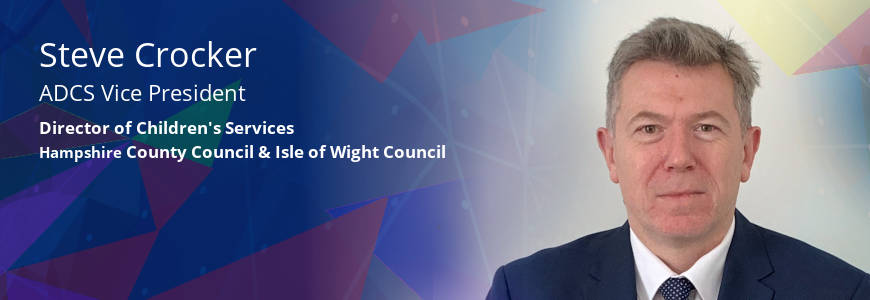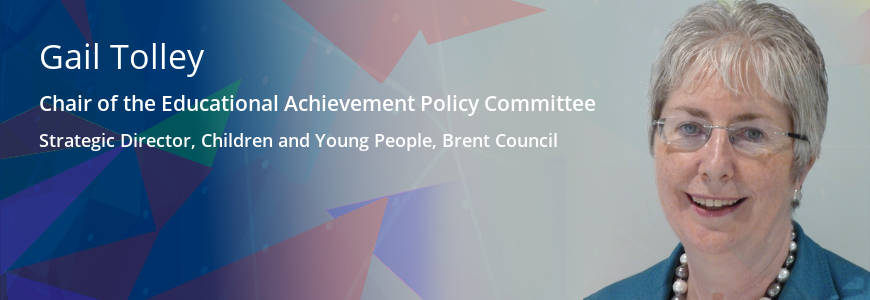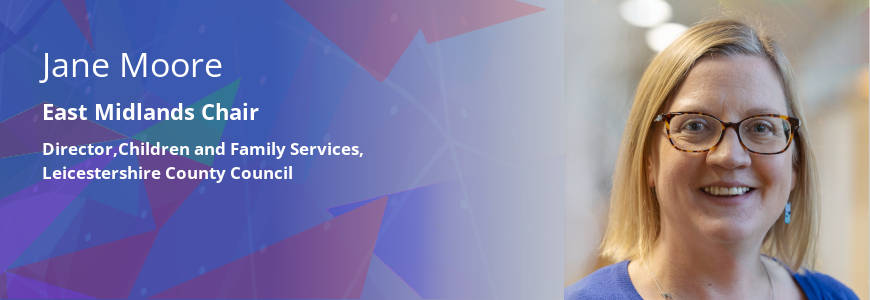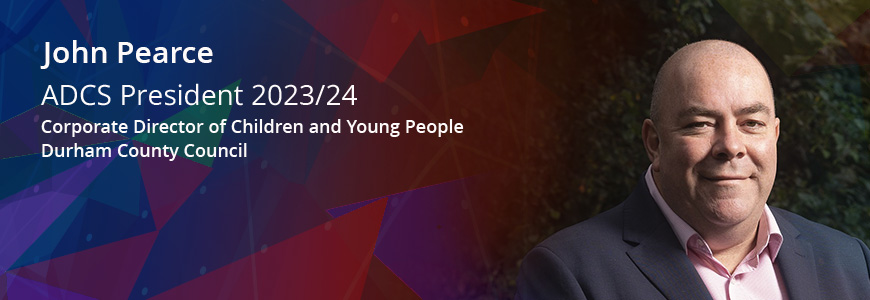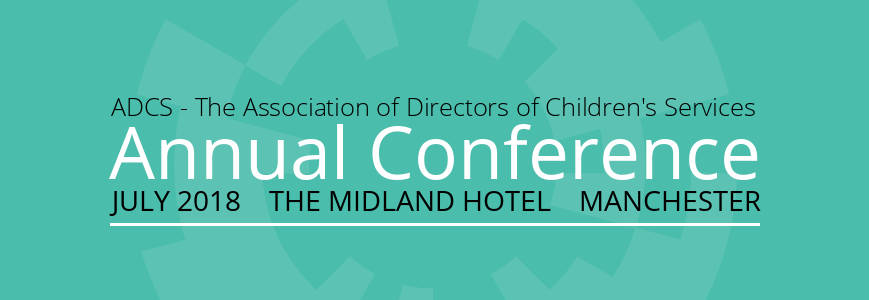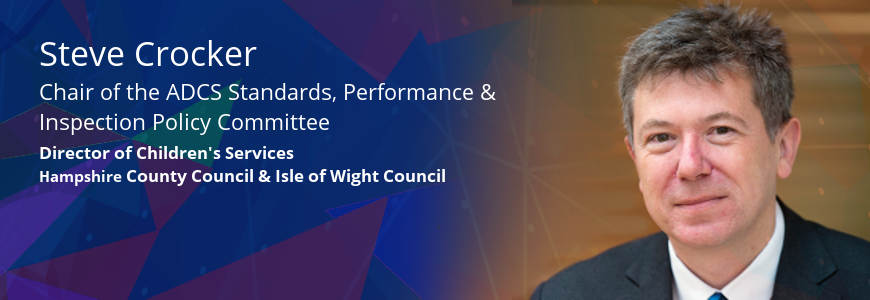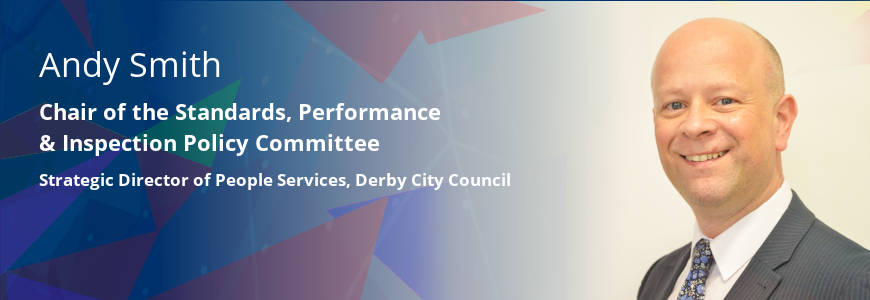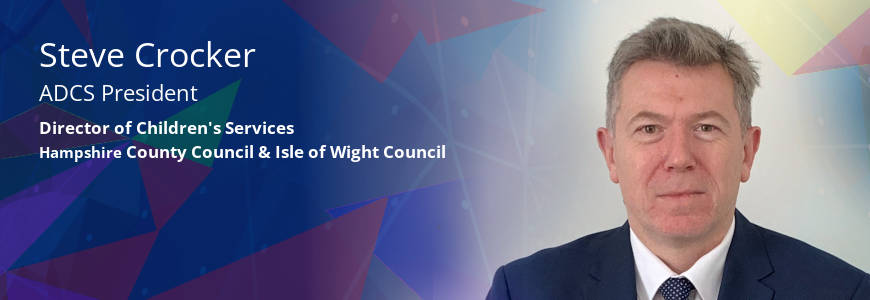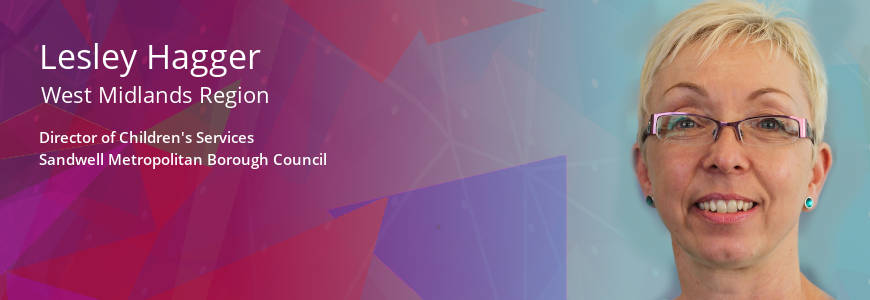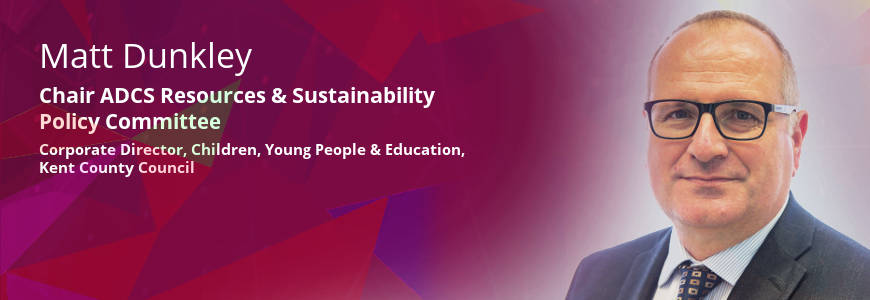Working together to prevent suicide
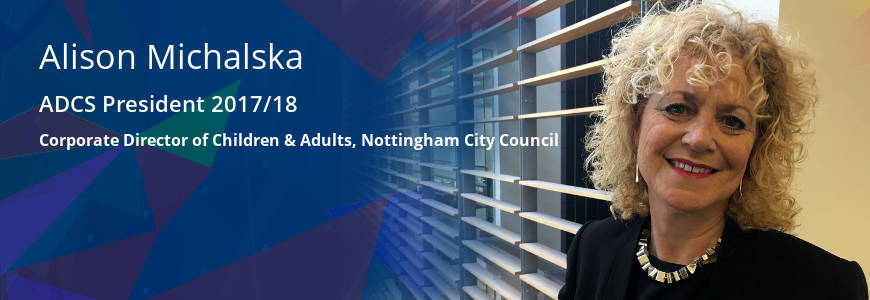
I recently chaired a workshop on suicide prevention at the ADCS annual conference. This focus was a little unusual for us but it was specifically requested by members of the ADCS Families, Communities & Young People Policy Committee, who had flagged the growing numbers of children and young people taking their own lives, many of whom were not known to children’s services. Overall, suicide rates have begun to fall in recent years but for under 20s it is sadly rising, as is self-harm which we know is a strong risk factor in suicide attempts.
In my preparations for this workshop I did some homework and discovered hard and fast figures for under 18s are difficult to come by, but Papyrus, a charity set up by a group of bereaved parents to prevent youth suicide, estimates that 200 school aged children take their own lives each year. It is likely this is an underestimate as English figures are based on the findings of coroner’s inquests, which do not always return definitive verdicts. We heard how, in Greater Manchester, an agreement has been reached with a number of coroners to share real time information about suspected suicides with local public health teams which allows for the mobilisation of a community response plan.
Sarah from Papyrus shared an overview of their national campaigns, including #spotthesigns and #savetheclass. They have some excellent resources on their website, including short videos, which could be used as part of training packages in our local areas.
We also heard from Adele from the Greater Manchester Suicide Prevention Programme about the #shiningalightonsuicide campaign and her work with local universities to launch a dedicated centre to support HE students with their mental health needs from September onwards. The findings from this pilot will be one to watch, particularly in university towns and cities with large student populations such as my own, Nottingham.
Dr Krissie then talked us through the total transformation of Greater Manchester’s crisis care pathway for children and young people in extreme distress following a wholesale review which identified geographical and age barriers along with a mismatch between available services and actual needs. All too often children and young people were being told they’re too ill to access some provision and not ill enough to access others, which was adding more pressure on stretched A&E departments and greater distress for children and young people. Sadly, this was a familiar story for many of the workshop attendees. The new pathway takes a ‘no wrong door’ approach and the rapid response team deployed within two hours to support a young person in crisis for up to 72 hours is particularly impressive as is the commitment to treat young people in the community.
The discussion that followed was rich and wide ranging, touching on our understanding of, and responses to, self-harm amongst young men who are in distress and are regularly hurting themselves via risk taking or reckless behaviours, the power of online influencers in sparking potentially lifesaving conversations and the barriers to provision of, and access to, help and support services in highly rural areas.
We know that for every suicide that occurs there are numerous other failed attempts. Similarly, when a child or young person does succeed in taking their own life, the ripples of this act can reach far beyond their immediate family and friendship groups. Going forward, the imminent changes to Child Death Overview Panel arrangements and to serious case reviews, particularly the introduction of thematic national learning reviews, should hopefully help us learn and develop our responses.
This loss of life to suicide is entirely preventable. There is a universality to this issue, I’d wager all of us have been touched by it at some point, perhaps in our own families, workplace, amongst our children’s friendship groups or in the local community. The take away messages of that session for me were: notice the small things, be brave and ask the question directly, you might just save a life.
And for those of you who have time for a little extra reading …
Adele flagged a free online training resource from NHS Merseycare which takes around 20 minutes to complete, see here. It aims to help us all to talk more openly about suicide, please feel free to pass this link on within your respective local authorities. In completing this training I discovered taxi drivers might come across someone in extreme distress, so please pass this on to your licensing teams too.
In my research I came across the National Confidential Inquiry into Suicide and Safety in Mental Health based at the University of Manchester. The Inquiry has amassed over 20 years of data and regularly produces briefings and reports, they’ve recently done one of children and young people which you can, see here.
Related Blog Articles
In Kirklees, where I work as Director for Children and Young People Services, I...
In Safeguarding & Child Protection
Last week was a “doing things differently” kind of week. On Monday I...
In Safeguarding & Child Protection
There has been some recent national media coverage about local authorities using...
In General
When I last blogged, I reflected on the paucity of the use of technology in...
In Workforce
By the time you read this, summer will be on its way out and we’ll be...
In Education
As many will know from my work with the ADCS Educational Achievement (EA) Policy...
In Education
Three weeks on from our ADCS conference in Manchester and I am still feeling a...
In General
We are coming to that time of year when letters to Father Christmas have been...
In General
The ADCS Annual Conference 2018 opened on Wednesday 4 July in a very sunny...
In General
I hope you’ve all had a decent Christmas and New Year break. If you are an...
In Care
It’s Wednesday lunchtime as I sit here and write this blog – it’s not just...
In Funding
I had the good fortune to go to the cricket last week at the Oval to watch...
In General
This week our 0-25 Together Service organised their safeguarding conference...
In Safeguarding & Child Protection
Crisis is an opportunity riding on a dangerous wind – Chinese Proverb The...
In General
In the week that “Freedom Day” was delayed for a month, almost as if it were...

